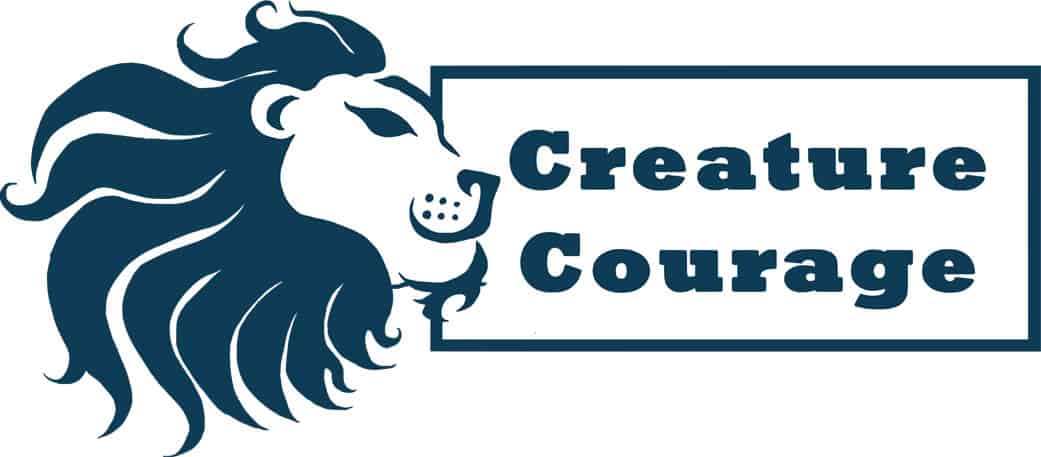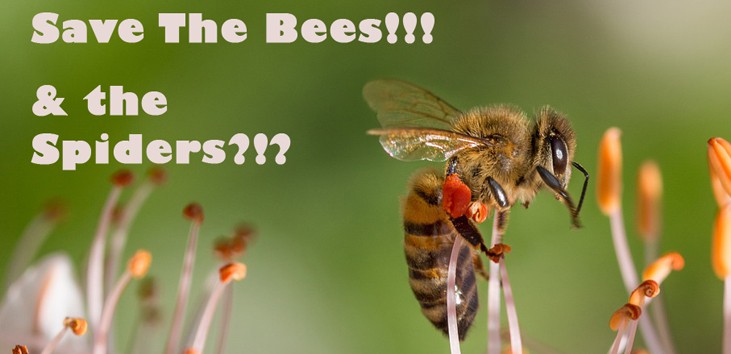The Importance of Spiders: Unsung Heroes of Our Ecosystem
During autumn, sensationalized news about spiders often fuels unnecessary fear and misinformation. This fear-mongering perpetuates the view that spiders are terrifying creatures to be eradicated. In reality, spiders play a crucial role in our ecosystem, comparable to the essential role bees play in our survival.
Spiders and Bees: A Symbiotic Relationship
Bees are widely recognized for their critical role in pollinating crops, which is vital for our food supply. However, bees face threats from pesticides used in modern farming, causing a significant decline in their populations. While efforts to save bees are vital, it is equally important to recognize the significant role spiders play in agriculture.
According to Norman Platnick from New York’s American Museum of Natural History, “If spiders disappeared, we would face famine. Spiders are primary controllers of insects. Without spiders, all of our crops would be consumed by those pests.” Essentially, bees pollinate our crops, while spiders naturally control the insect populations that threaten these crops. This natural pest control reduces the need for harmful pesticides, protecting both our food sources and the environment.
The Remarkable Efficiency of Spiders
Spiders are incredibly efficient predators of insects. A study published in the Science of Nature journal by biologists Martin Nyffeler and Klaus Birkhofer highlights the astonishing impact spiders have on insect populations. Spiders consume more insects annually than birds and bats combined, with estimates ranging from 400 million to 800 million tons of insects per year. To put this into perspective, the average insect-eating bat can consume over 1,200 insects per hour. This makes spiders one of the most effective forms of natural pest control, capable of safely managing large insect populations and eliminating invasive species.
Beyond Pest Control: Spiders’ Additional Contributions
Spiders contribute to our ecosystem in several ways beyond pest control. They assist in pollination and aid in the decomposition of dead plants and animals by consuming insects that hinder this process. This contributes to creating fertile soil, essential for healthy and bountiful crops.
Spiders also contribute to the regulation of other pest populations, such as mosquitoes, which can transmit diseases to humans. By keeping mosquito numbers in check, spiders indirectly help control the spread of diseases like malaria and dengue fever. This is another compelling reason to appreciate the presence of spiders in our environment.
Moreover, spiders themselves are under threat, primarily due to habitat loss caused by human development. As land is developed and fragmented, spider populations become isolated, increasing their vulnerability to extinction. This habitat loss not only threatens spider species but also disrupts the ecological balance they help maintain.
The Potential of Spider Silk and Venom
Spiders offer even more benefits to humanity through their silk and venom. Spider silk, known for its strength and durability, is being studied to create new, powerful materials. Its potential applications range from medical sutures to biodegradable fishing lines and advanced textiles. Additionally, spider venom holds potential for medical advancements. Researchers are exploring its use in developing new painkillers that lack the addictive qualities of current options. A promising new painkiller derived from tarantula venom is one example of this potential.
Platnick notes, “Scientists have identified almost 45,000 different spider species, and that’s at best one-half of what actually exists. When we lose a spider species, we may lose a compound that could have cured epilepsy. We may lose a silk that could have produced a strong and lightweight material.”
Building Awareness and Appreciation for Spiders
Understanding the vital role spiders play in our ecosystem can help shift perceptions and reduce irrational fears. Initiatives like the Spider Courage Experience aim to build awareness and appreciation for these important creatures. The Spider Courage Experience ran by Creature Courage helps people to see spiders in new, positive ways to get over their phobia. By overcoming fear and fostering fascination, we can ensure spiders continue to thrive and support our environment.
In conclusion, spiders are invaluable allies in maintaining the balance of our ecosystem. They protect our crops, contribute to soil health, and offer potential breakthroughs in material science and medicine. Recognizing and valuing their contributions is crucial for our future and the health of our planet.
For more information on the importance of spiders and their contributions to our ecosystem, you can visit the American Museum of Natural History or explore recent studies on spider biology in the Science of Nature journal.
Additionally, you can learn more about the ongoing research on the potential medical uses of spider venom and silk by visiting Scientific American and National Geographic. These resources provide further insights into the fascinating world of spiders and their significance to both nature and science.

